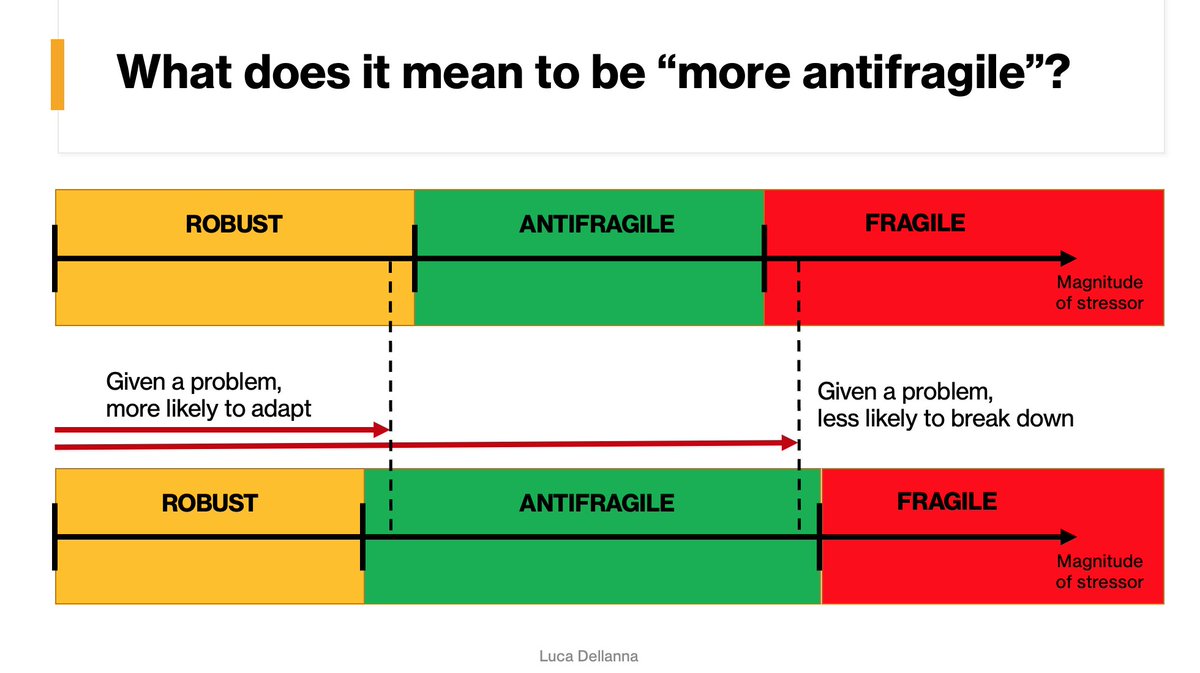
Common fallacies re: breakthrough COVID cases
1/ Using the vaccinated / unvaccinated ratio in hospitalizations, deaths, etc. without controlling for age (and its influence on mortality)
1/ Using the vaccinated / unvaccinated ratio in hospitalizations, deaths, etc. without controlling for age (and its influence on mortality)
2/ Using the vaccinated / unvaccinated ratio in deaths *within a hospital*
A sample filtered by severity doesn't contain information other than "very sick people are likely to die"
Better: vax/novax deaths ratio in general population, controlled for age
A sample filtered by severity doesn't contain information other than "very sick people are likely to die"
Better: vax/novax deaths ratio in general population, controlled for age
https://twitter.com/andrewbostom/status/1421512774027513856
3/ To clarify the previous point: imagine a boat with 50 vaccinated and 500 unvaccinated; 5 of each are in the ICU, and 2 of each die. Does it mean that the vaccine offers no excess protection, because the ratio "vax deaths / vax in ICU" is the same as novax's?
Of course not.
Of course not.
4/ Claiming that vaccines select for vaccine-resistant variants without mentioning that the probability of a new variant arising is a function of virus reproduction, and vaccines reduce that.
5/ What matters is not whether a vaccinated scenario creates variants; it's whether, once we count variants, transmission, and all other important variables, it's better than a no vaccine scenario.
(Probably not.)
(Probably not.)
6/ Another fallacy: observing the evolution of "infection rate amongst the vaccinated" and inferring it's solely a function of vaccine efficacy and/or variants contagiousness.
It's also a function of environmental and behavioral factors (and vaccinated population age, etc.)
It's also a function of environmental and behavioral factors (and vaccinated population age, etc.)
(I committed #6 in the tweet I posted yesterday morning and then quickly deleted; ht @Nucleics_Inc for pointing it out)
• • •
Missing some Tweet in this thread? You can try to
force a refresh







